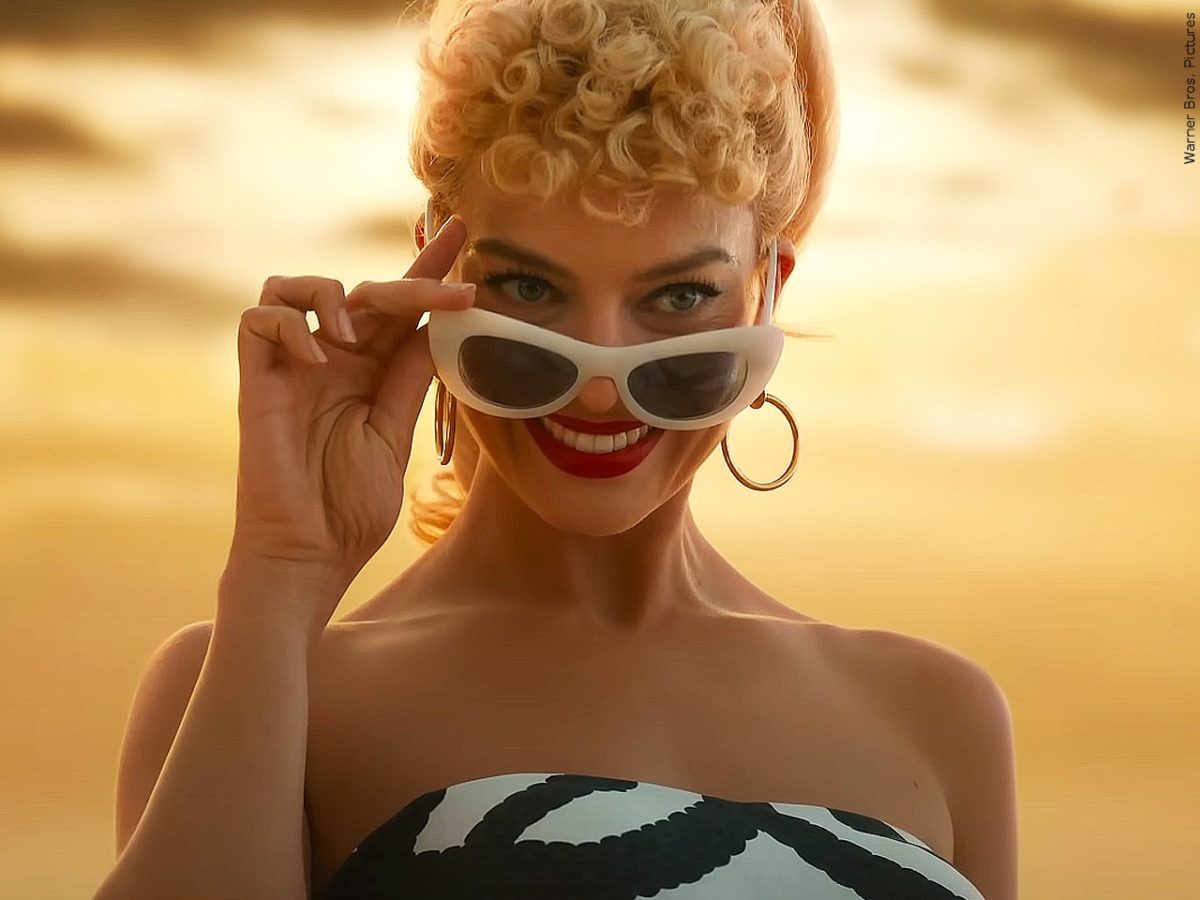In today’s age of demanded self-expression, there are many stereotypes for one to choose from in order to proclaim their “individual” identity to the world.
One current label in popular culture is called the “hipster,” a lover of everything indiscreet and unknown who disassociates themselves from anything acknowledged by popular society.
A catchphrase typically associated with them is “I just read/listened to/watched/thought about this amazing (insert obscure form of media or theory here), but you’ve probably never heard of it.”
The perceived nature of hipsters is that they not only obsessively consume what is considered abstractly cultured, but repeatedly look down upon anything and anyone affected by “a popular societal agenda.”
Therefore, according to the hipster, if you participate in popular fashion trends, enjoy the latest Lady Gaga single on the Billboard Top 100, believe in structured governmental control, or even buy and consume a brand-name cup of coffee, you are vapid and inferior.
They reject anything that is idolized or any form of a “system” that would construct and inhibit their vast and deep minds. “All-natural,” “ecofriendly” and “local” are key words for the hipster too, since society has embraced corruption in places such as Walmart and McDonald’s, and capitalism is the greatest mark of all control and evil.
They may be found populating local coffee shops or art schools, blogging to the world about the importance of their obscurity or Instagramming a portrait iPhone shot of them in their namesake thick, black-rimmed glasses, showing the world how disinterested and superior they truly are.
This is obviously nothing but a stereotype. The world is full of those, and you can certainly be artistically philosophical and enjoy the Twilight series or consume a Big Mac without being media-brainwashed cattle.
However, this brings to mind the question of how entertainment can be affected and rated with its success in mainstream society: if something or someone has made their usual message more appealing and accessible to a different brand of audience.
“I was into before it was cool!” is the typical protestation. Now that our well-kept secret is massively embraced, we may feel a loss of identity and a less intimate connection with our desired art or artist. The rest of the world will now perceive us as a crazed dime-a-dozen fan, when we are “clearly” the opposite. We demand to be recognized as individuals. Therefore, we will continue to bash, troll, flame and dislike anything that threatens our vision of uniqueness.
Does popularity really affect the value of entertainment? Just because more than three people have read this book, or seen this movie, or enjoy the bass beat to this dubstep song, does it make it tasteless gruel to feed to disillusioned, mindlessly consuming pigs?
I think I should enjoy entertainment and art just because it appeals to my individual tastes. The ones I don’t have to scream about on Twitter or create a photo diary for on Pintrest. The ones I may very well share with the person sitting next to me, and possibly millions of other people around the world. No justification to pseudo-intellectuals in beanie hats required.




















